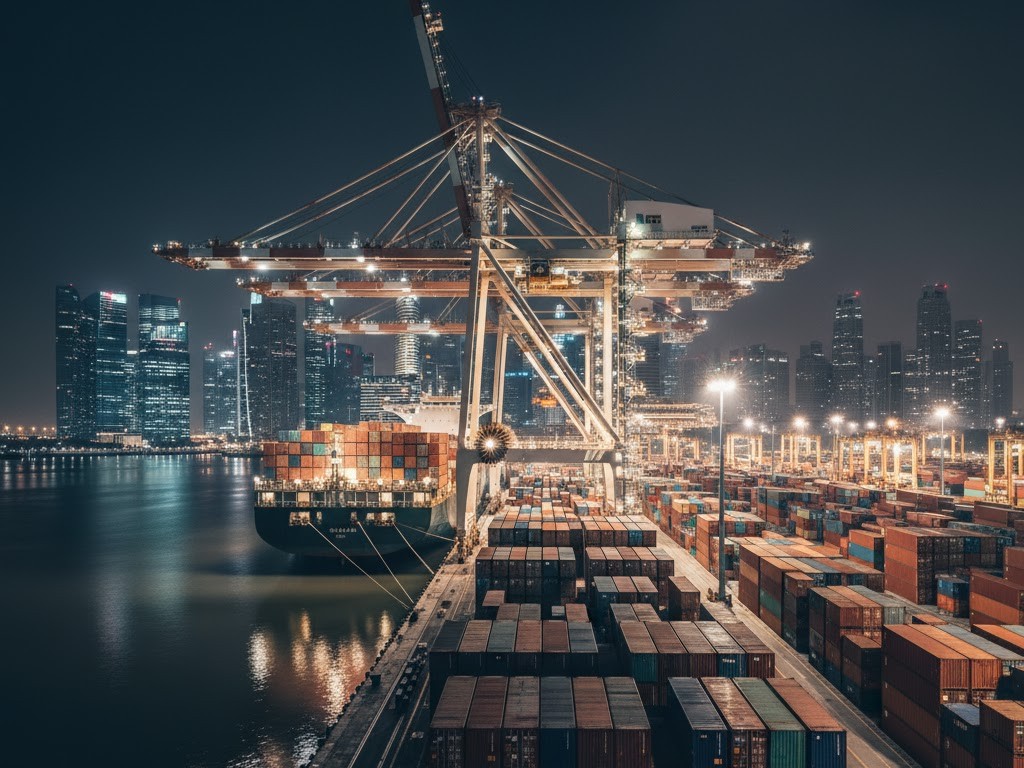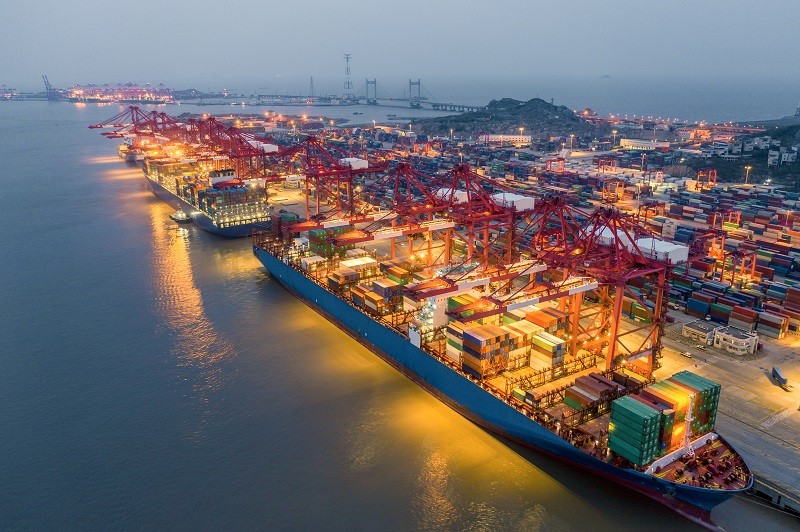by jiawen
Share
Share
TradeFIRST Assessment
As a starting point, traders who wish to apply for any schemes or licences under Singapore Customs have to pass the Trade Facilitation & Integrated Risk-based System (TradeFIRST) assessment with a certain band. The level of facilitation that traders can enjoy and the type of schemes they are eligible to apply depend on which band one is able to achieve. This could be a Basic, Standard, Intermediate, Enhanced or Premium Band. Customs will assess the applicants based on the following 6 aspects:
- Company Profile
- Procedures and Processes
- Security
- Inventory Management
- Compliance
- Other scheme-specific requirements.
Therefore, the company needs to demonstrate the accountability and robustness of its internal control systems with adequate board and organisational oversight and governance in order to be qualified for a higher band.
Types of Singapore Customs Schemes and Licences
For Companies Dealing with Dutiable Goods
a) Air Store Bond Scheme
For storage of dutiable goods (i.e. liquor) to be supplied to various airlines operating out of Changi Airport terminals with duty and GST suspended.
b) Duty Free Shop Scheme
For sale of dutiable goods with exempted taxes and duties.
c) Licensed Warehouse (LW) Scheme
For storage of imported dutiable goods with duty and GST suspended while they are in the warehouse.
d) Excise Factory Scheme
For manufacturing and storage of dutiable goods with excise duty and GST suspended.
For Companies Dealing with Dutiable Goods
a) Zero-GST Warehouse Scheme (ZGS)
For storage of imported non-dutiable goods with duty and GST suspended.
b) Container Freight Warehouse Licence
Allowing bulk breaking and consolidation operations on cargoes with Less Than Full Container Load outside a Free Trade Zones (FTZ).
For Companies Handling Both Dutiable and Non-Dutiable Goods
a) Apex Licence
For existing Singapore Customs licensees holding multiple licences to support their diverse warehouse operations.
b) Industrial Exemption Factory Scheme
Manufacturing of non-dutiable finished goods using dutiable goods (except diesel products and biodiesel blends) as raw materials.
For Companies Dealing with Controlled or Sensitive Goods
a) Chemical Weapons Convention (CWC) Licence
Handling scheduled chemicals or unscheduled discrete organic chemicals (DOCs).
b) Kimberley Process Certification Scheme
For importing or exporting rough diamonds.
c) Petroleum and Biodiesel Blends Licences
Manufacturing of dutiable petroleum products and biodiesel blends.
d) Strategic Trade Scheme (STS)
Engaging in any relevant activities that involve strategic goods or related technology.
For Companies Handling Time-Sensitive Goods
a) Bonded Truck Scheme
For transhipment of time sensitive, non-dutiable goods between the land checkpoints and Free Trade Zones (FTZs).
b) Consolidated Declaration
For consolidation of multiple air express shipments that are time-sensitive.
Other Customs-Administered Schemes
a) Cargo Agent’s Import Authorisation Scheme
Delivery of air cargoes from ground handling agents before obtaining the relevant customs permits.
b) Company Declaration Scheme
For removal of local goods/ goods with GST paid from Airport Logistics Park of Singapore (ALPS).
c) Secure Trade Partnership (STP) and STP-Plus
Voluntary certification programme that helps to enhance efficiency in supply chain management and promote trade facilitation.
d) IRAS Schemes
(i) Major Exporter Scheme; (ii) Approved Import GST Suspension Scheme; (iii) Import GST Deferment Scheme; and (iv) Overseas Vendor Registration Regime
The strategic geographical location of Singapore at the crossroads of East and West contributes to its growth as a key trading hub. In order to facilitate trading business that is currently making significant contributions to the country’s economy, Singapore Customs has implemented various schemes and licences that meet different needs and requirements of traders.
Singapore continues to strengthen its position as a global trading hub through initiatives that streamline export processes and boost trade competitiveness. With steady growth in non-oil domestic exports and strong demand for electronics and petrochemicals, government frameworks like TradeFIRST help businesses reduce costs, improve efficiency, and expand internationally.
To curb the proliferation of weapons of mass destruction (WMD), Singapore enforces strict export controls under the Strategic Goods (Control) Act (SGCA). The Act regulates the transfer, export, and brokering of strategic and dual-use goods to safeguard the global supply chain. In a recent enforcement case published by Singapore Customs, a company and its director were fined over S$250,000 for exporting strategic goods without a permit and submitting false declarations. Businesses are urged to implement strong internal controls and accurate trade declarations to ensure compliance and avoid severe penalties.






